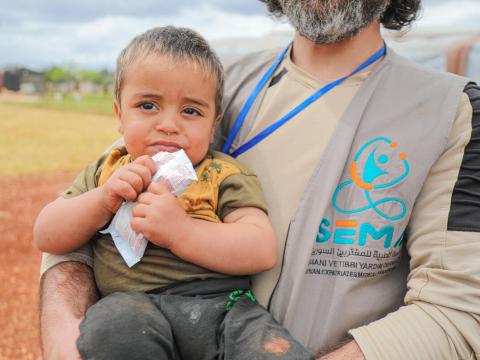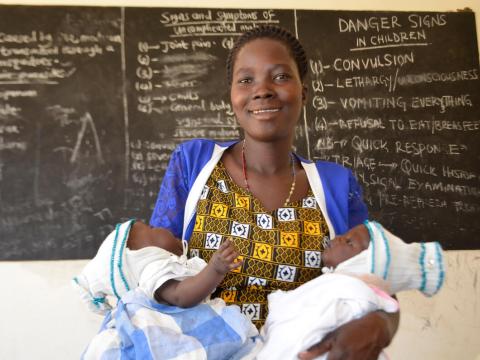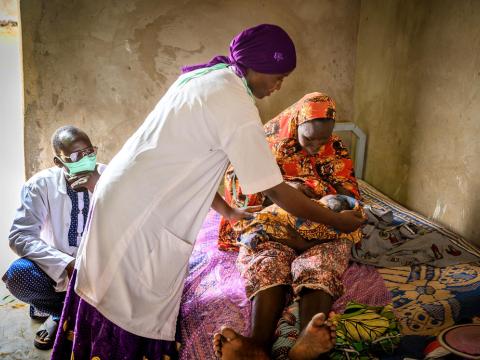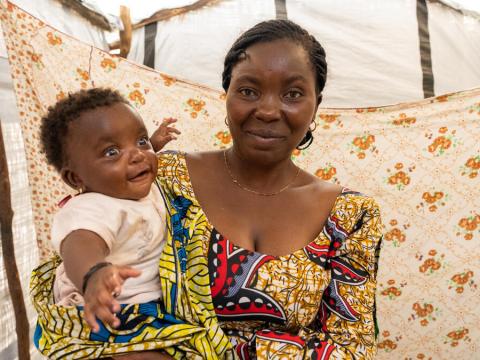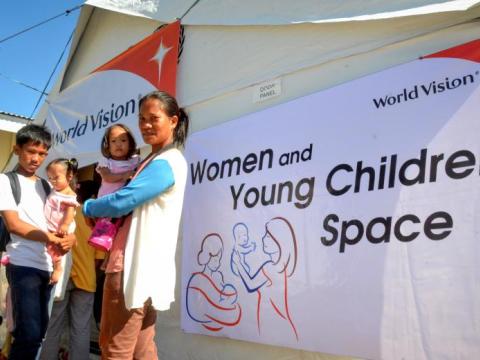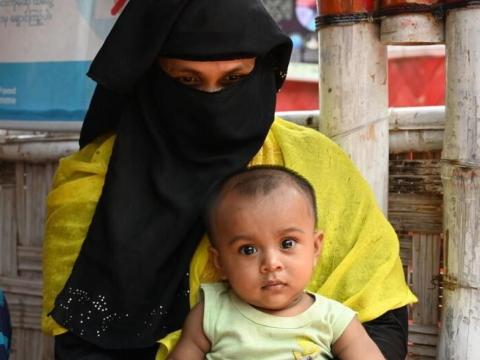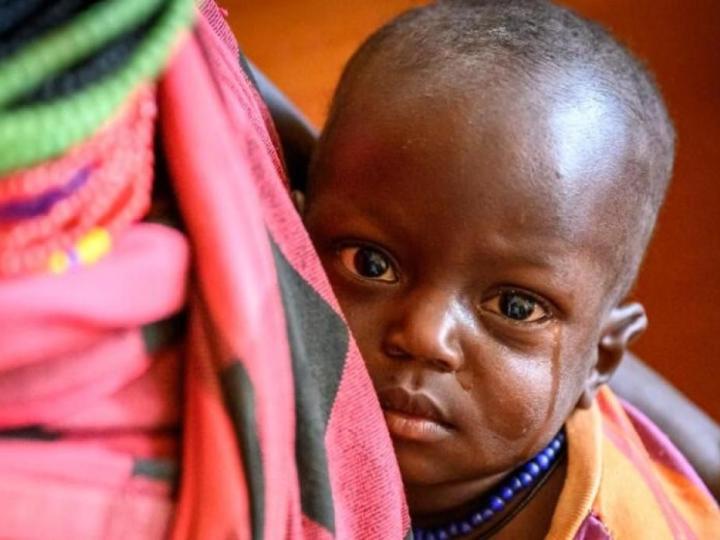
Infant and Young Child Feeding in Emergencies
Infant and Young Child Feeding in Emergencies
Protecting and promoting safe and appropriate infant and young child feeding practices in emergencies (IYCF-E) is essential for both the prevention and treatment of malnutrition. In an emergency context, stress, lack of food, limited privacy and uncontrolled distribution of breast milk substitutes are among the challenges that can undermine infant feeding practices. Because the interruption of breastfeeding can lead to the rapid deterioration of an infant’s health, adequate and professional support to overcome feeding challenges and promote safe and appropriate practices should be provided to address these challenges.
World Vision's Milk Policy ensures that the use of milk products in field programmes does not undermine safe and appropriate infant and young child feeding practices. Field programming also includes counselling and nutrition education to address common challenges to infant feeding. This counselling often occurs in Women and Infant Friendly Spaces, dedicated spaces for women to go to in emergency settings for privacy to breastfeed and support to overcome infant feeding challenges.
In fragile contexts or emergency settings, World Vision sets up Women, Adolescent and Young Child-friendly Spaces, also known as Breastfeeding or Baby-friendly tents/corners. These are safe, low-stress spaces where mothers can breastfeed, rest, eat and receive skilled counselling and targeted advice about breasfeeding and nutrition. Learn about other ways World Vision supports breastfeeding.
